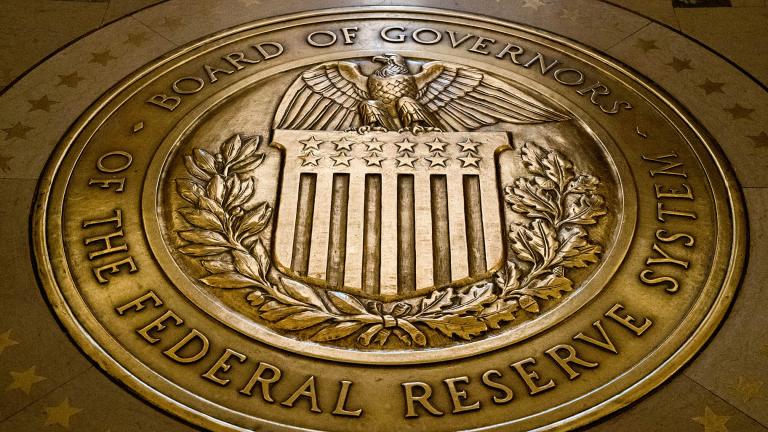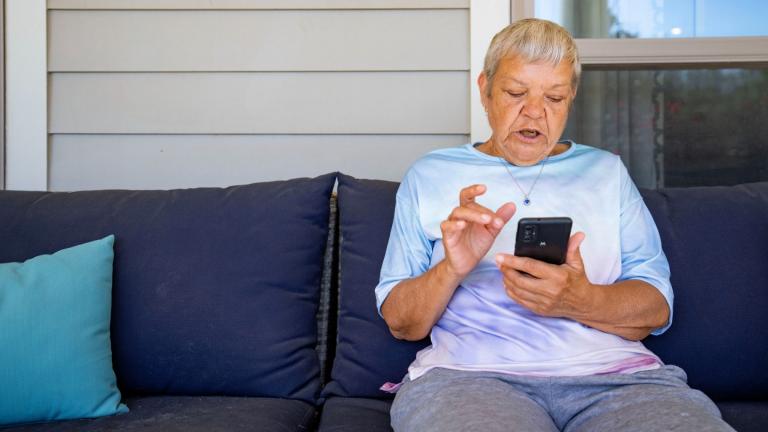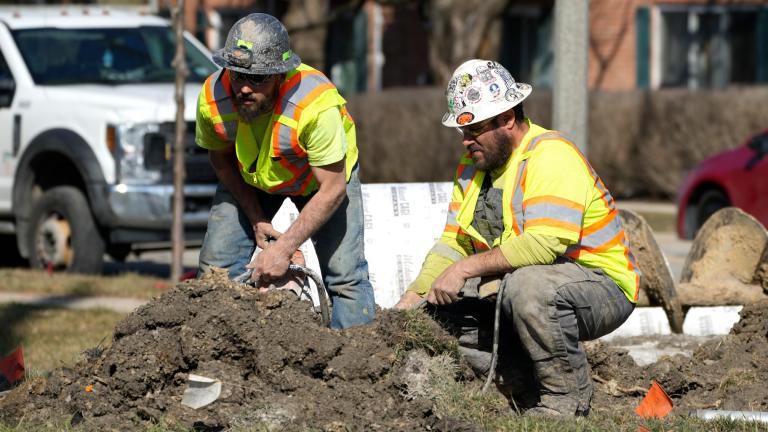Get ready to pay more for gas and groceries.
Illinois rings in the fiscal new year on July 1, which brings with it changes.
Foremost among them: The new state budget takes effect.
That means a lot of things to the organizations, programs and individuals dependent on state funding. For example, the budget includes rollbacks to a program that allows older undocumented immigrants to receive Medicaid-like health care coverage from the state.
The budget for FY24 does not include tax increases (or decreases, despite talk of tax cuts earlier in the year when fiscal forecasts were rosier). But it does include a fee hike that could impact folks, specifically those buying cars: It’ll cost $10 more for a new car title. The money’s meant to help the secretary of state’s office update an archaic IT system.
Filling up your car will cost more come Saturday. The state motor fuel tax, which funds road upkeep, is going up by about three cents per gallon.
Last July, it was otherwise. Lawmakers then voted to freeze the gas tax at 39 cents per gallon.
They made sure to make everyone aware of the hold, requiring gas stations to post stickers at the pump telling customers that the state had suspended the tax from July through December 2022.
Come this January, the gas tax again went up, making the July uptick the second hike in the gas tax in six months.
When the freeze thawed in early 2023, the state tax on gas went up from 39 cents to 42 cents per gallon. Starting Saturday, it’ll be 45 cents per gallon.
That does not count additional city or county taxes.
Customers’ grocery tabs may also scoot up come Saturday. Similar to the gas tax move (but this time for all of the 2023 fiscal year), Illinois last year voted to suspend the 1% sales tax on groceries, giving a $1 break on $100 of purchases — an amount that adds up for consumers as well as for governments that depend on that cash.
In this case, that grocery tax is money that goes to municipalities.
Last year, Illinois paid them back. But with money tighter and local governments wanting a greater share from Springfield, the state isn’t doing a repeat.
“It is a matter of local governments and what they would do if they didn’t have that income as a result of the grocery tax,” Gov. J.B. Pritzker said.
Last year’s breaks weren’t just on gas and groceries.
Illinois’ temporary tax relief plan last July also offered direct payments of $50 to most adults as well as a one-time property tax rebate.
At the time, inflation was in the headlines and Illinois’ budget was buttressed by COVID-19 relief money and higher-than-expected tax revenue.
It was also an election year.
Illinois Republicans said the failure of Democrats to repeat the relief proves that the one-time givebacks were a campaign gimmick.
“What we did last year was a temporary measure because we had very high inflation,” Pritzker said Tuesday when asked by a reporter if the $1.8 billion in tax relief was a reelection tactic. “Inflation, you may notice, has come down. But we had very high inflation. We wanted to do everything that we could.”
Meanwhile, the lowest-paid employees in the Chicago region could see their paychecks increase.
It’s hard to say whether ordinances requiring it will make a difference, because a competitive labor market may already have wages up.
In Cook County, the minimum wage will be $13.70 for non-tipped workers and $8 for tipped employees. In Chicago, it’s up to $15.80 per hour for employers with 21 or more workers, and $15 per hour for smaller businesses.
The state minimum wage remains $13 through the calendar year; come 2024, it increases by a dollar.
Follow Amanda Vinicky on Twitter: @AmandaVinicky








